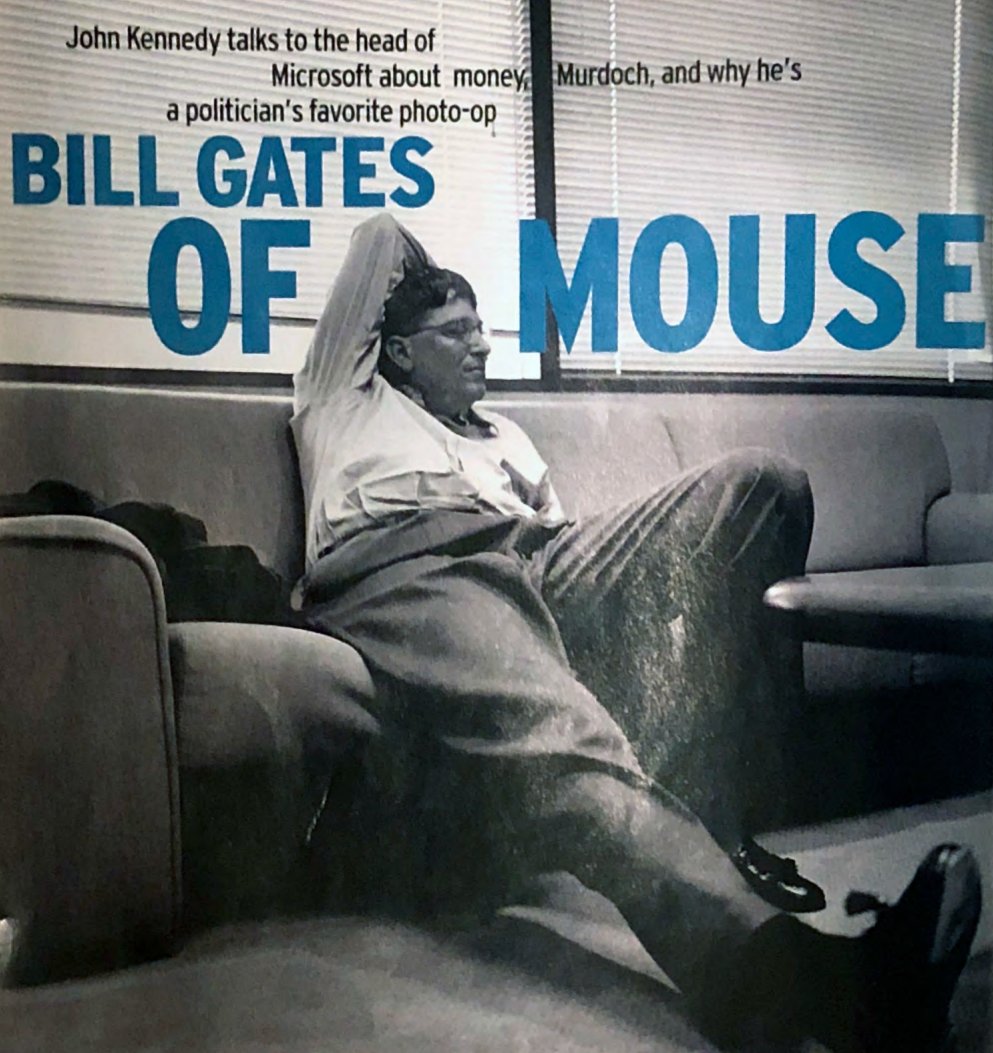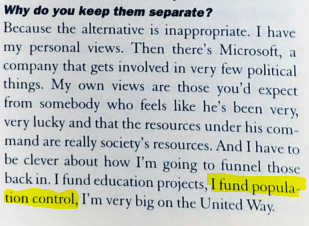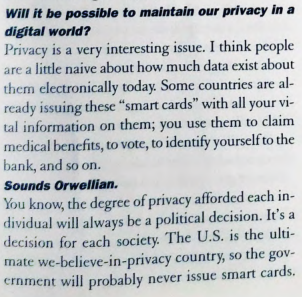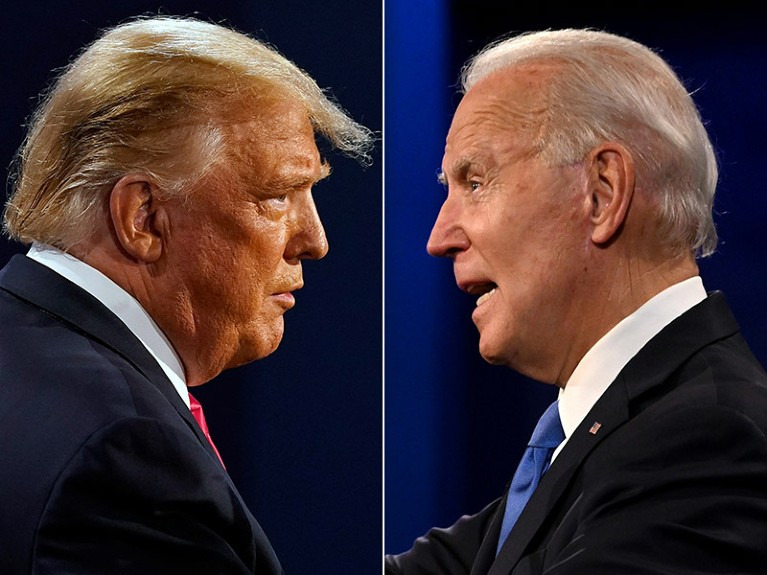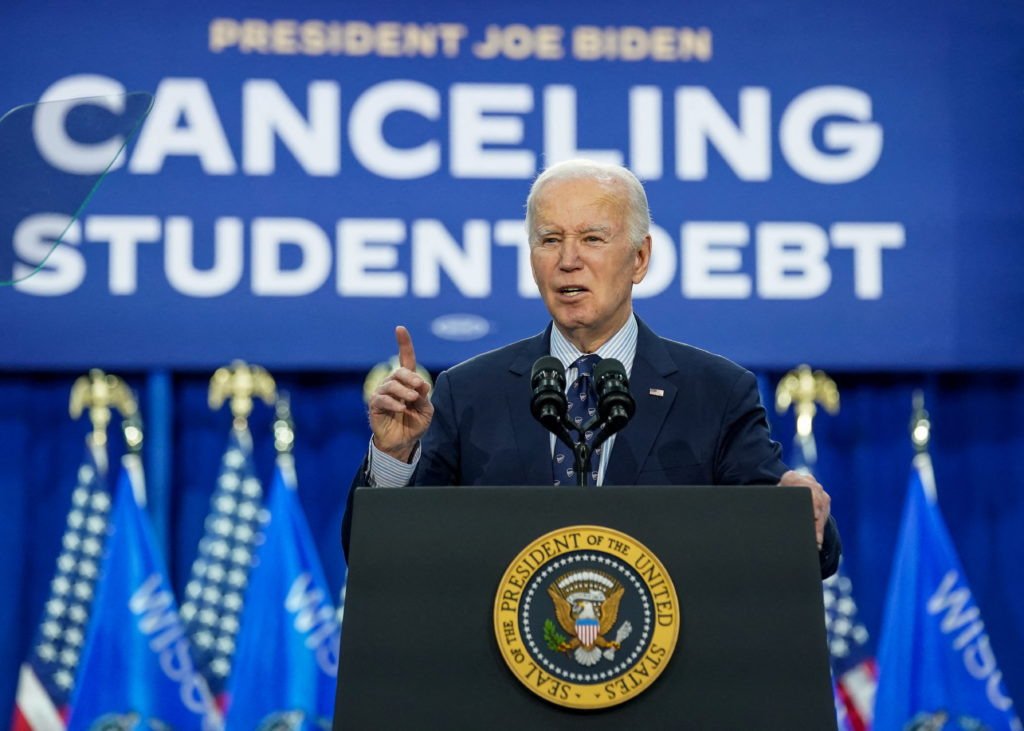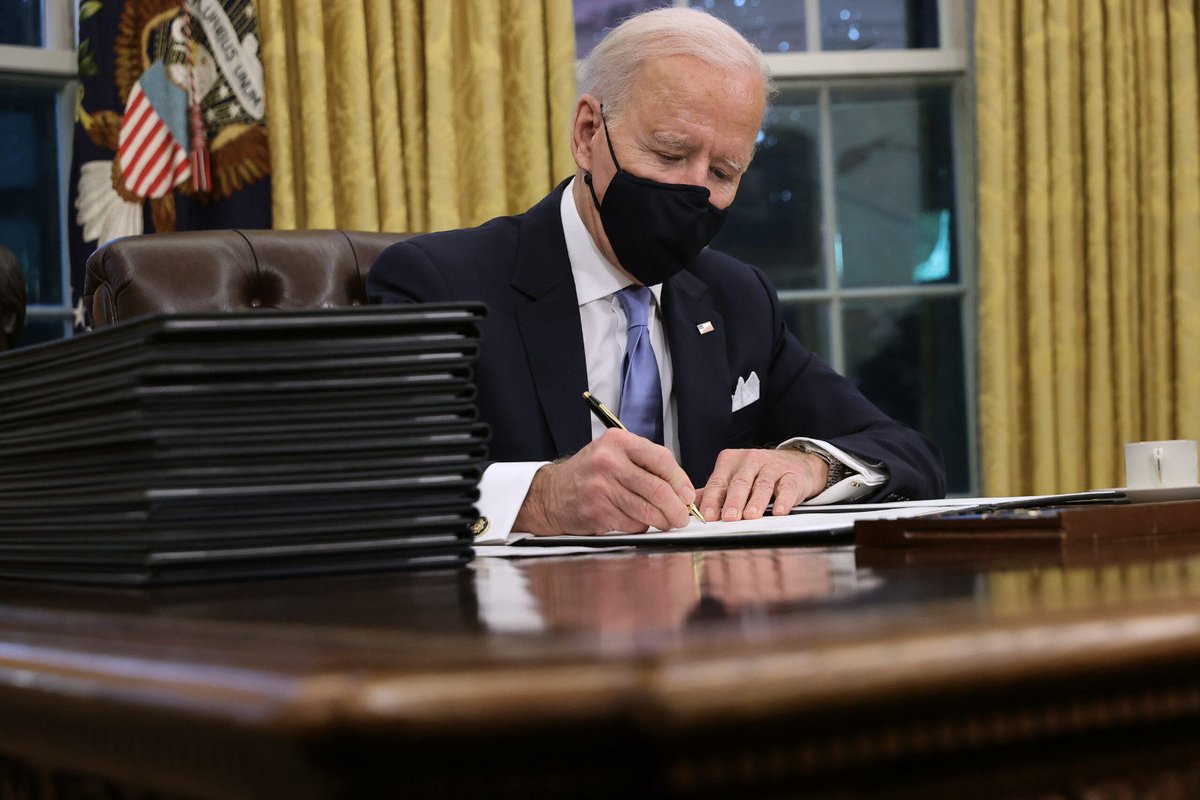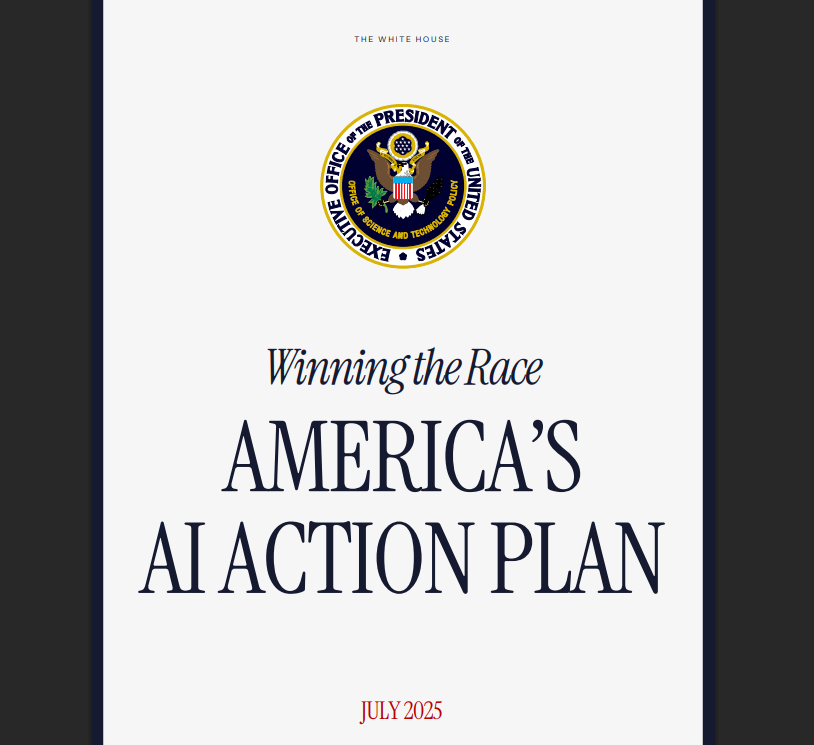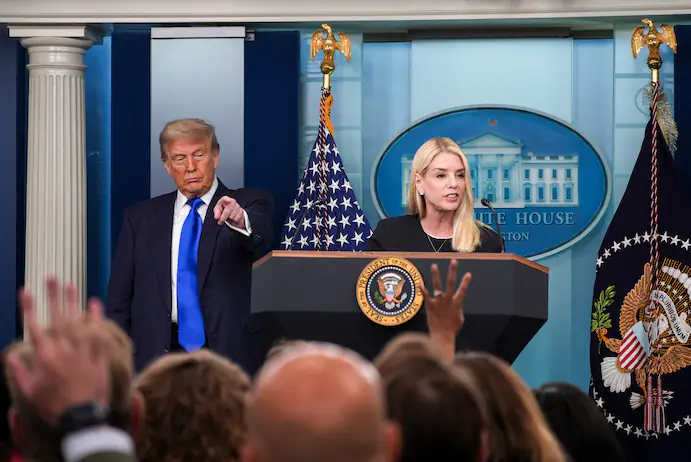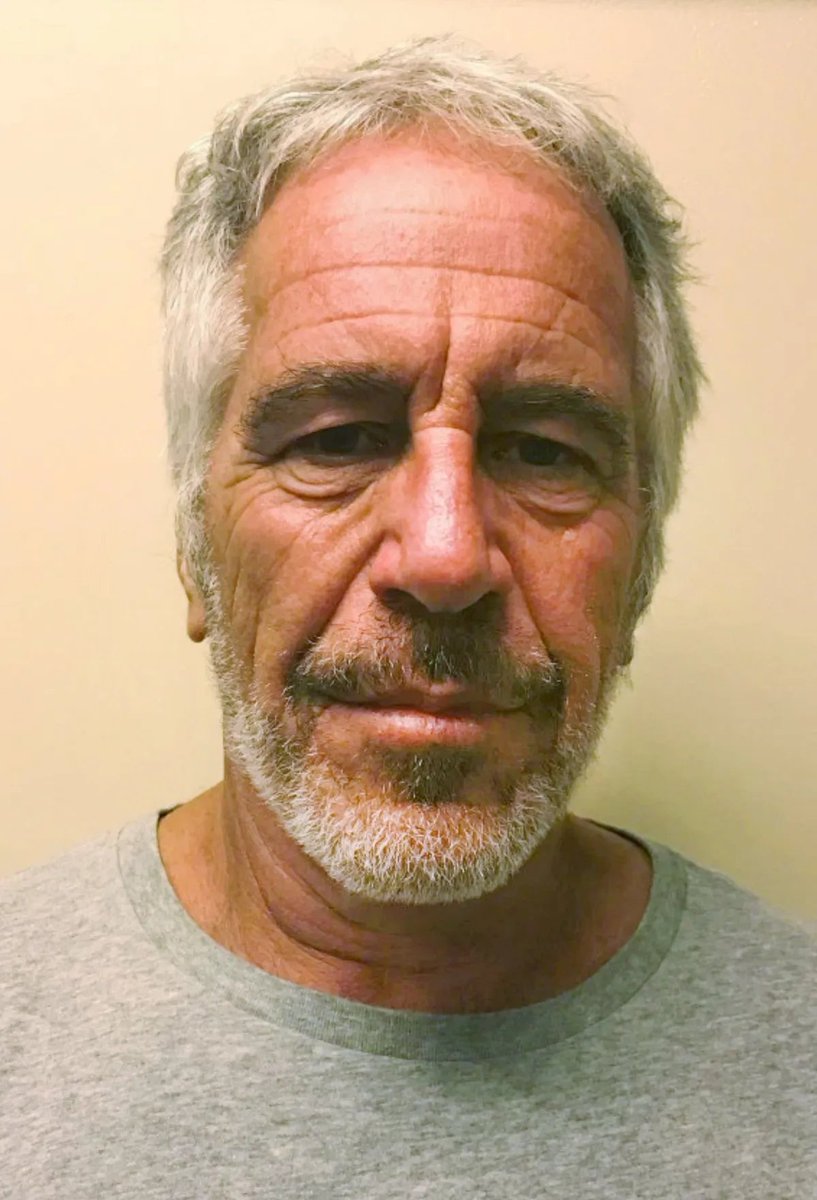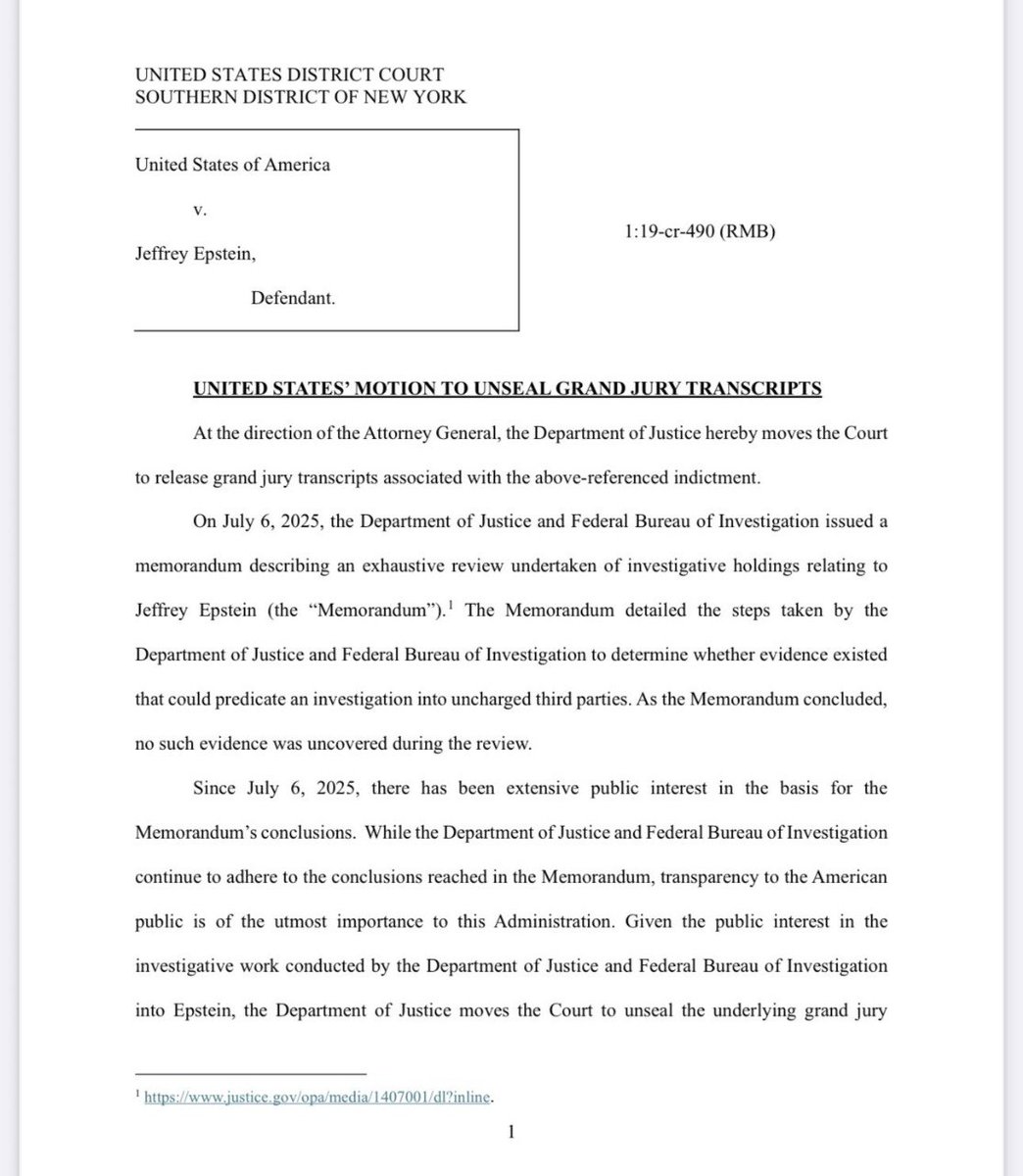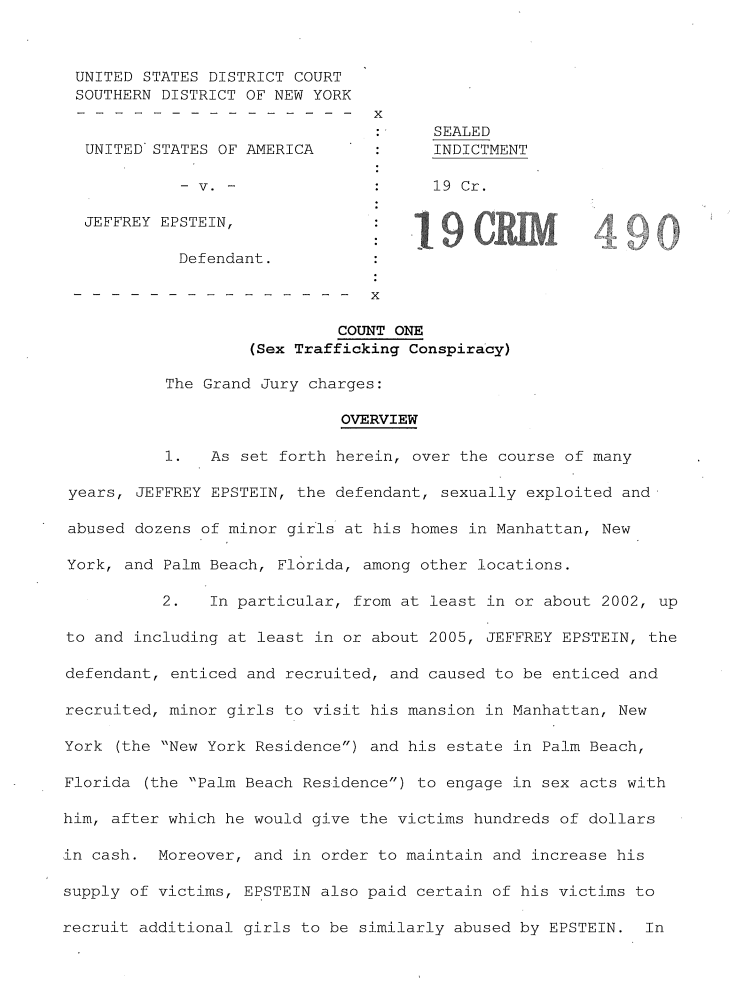There are plans to BAN TikTok due to fears of the Chinese spying on Americans.
The bill received bi-partisan and public support
Most people don't see the darker side of the bill, one that should concern EVERY citizen of a democracy
(a thread)
The bill received bi-partisan and public support
Most people don't see the darker side of the bill, one that should concern EVERY citizen of a democracy
(a thread)
There are concerns about TikTok. Its parent company, ByteDance, is Chinese.
The CCP has a 1% stake in ByteDance, but because they have golden shares, it gives the Chinese Communist Party (CCP) a seat on the board where they can impact "business strategy and investment plans." /2
The CCP has a 1% stake in ByteDance, but because they have golden shares, it gives the Chinese Communist Party (CCP) a seat on the board where they can impact "business strategy and investment plans." /2

TikTok was used to spy on reporters and track their sources. They were tracking IP information and this was used to monitor journalists in the US.
The unethical nature of this intrusion led to calls for the banning of TikTok. /3
The unethical nature of this intrusion led to calls for the banning of TikTok. /3

On 27 February, the US government gave employees 30 days to ensure that they do not have TikTok on Federal devices and systems. /4 

The main concern was that TikTok had given the CCP direct and intrusive access to Americans.
Representative Mike McCaul said "Anyone with TikTok downloaded on their device has given the (CCP) a backdoor to all their personal information. It’s a spy balloon into your phone." /5
Representative Mike McCaul said "Anyone with TikTok downloaded on their device has given the (CCP) a backdoor to all their personal information. It’s a spy balloon into your phone." /5

The governmental ban was not only implemented by the US, but other countries such as the UK followed their lead.
“The ban on government devices applies to government corporate devices within all government departments.” /6
“The ban on government devices applies to government corporate devices within all government departments.” /6

Forbes reported that TikTok planned to monitor the physical location of American citizens.
TikTok’s Maureen Shanahan said “TikTok collects approximate location information based on users’ IP addresses to “among other things, help show relevant content and ads to users." /7
TikTok’s Maureen Shanahan said “TikTok collects approximate location information based on users’ IP addresses to “among other things, help show relevant content and ads to users." /7

TikTok denied this allegation and claimed that TikTok was not being used to track the ‘precise’ location of US citizens.
It denied the claim purported by Forbes. /8
It denied the claim purported by Forbes. /8

But then TikTok’s own privacy policy states they collect their users’ ‘approximate’ location and with permission they collect the ‘exact’ location. /9 

Another concern was that TikTok was being used to corrupt American youth.
The issue was that the Chinese version of TikTok, Douyin, was providing an educational platform for young users, whereas the US version was essentially corrupting society and promoting degeneracy. /10
The issue was that the Chinese version of TikTok, Douyin, was providing an educational platform for young users, whereas the US version was essentially corrupting society and promoting degeneracy. /10

society. It is used more than Facebook, Instagram, and Twitter.
This has caused a further need to ensure that TikTok is not being used to spy on the US. /11
This has caused a further need to ensure that TikTok is not being used to spy on the US. /11

The White House urged Congress to quickly pass a Bill which gives the Secretary of Commerce power to ban TikTok.
There was hope that there would be bi-partisan support for the Bill and this hope was fulfilled. /12
There was hope that there would be bi-partisan support for the Bill and this hope was fulfilled. /12

Social Media companies have been mining data of Americans and even impacting elections.
“Cambridge Analytica mined over fifty million Facebook profiles. This data was not used to market products to Facebook users, but instead to market political ideologies.” /13
“Cambridge Analytica mined over fifty million Facebook profiles. This data was not used to market products to Facebook users, but instead to market political ideologies.” /13

So why the focus on TikTok?
There were weak arguments that TikTok is more 'aggressive' in its data collection, but in reality, the issue goes full circle back to TikTok being a Chinese company that is controlled by the CCP. /14
There were weak arguments that TikTok is more 'aggressive' in its data collection, but in reality, the issue goes full circle back to TikTok being a Chinese company that is controlled by the CCP. /14

Chew Shou Zi is the Singaporean chief executive of TikTok. He interned at Facebook before it went public.
He has worked out of Singapore TikTok offices for 3 years and has been the chief executive for 2 years. /15
He has worked out of Singapore TikTok offices for 3 years and has been the chief executive for 2 years. /15

TikTok developed ‘Project Texas’ to address the concerns of the US.
Content related to national security concerns would be governed by an independent board of directors chosen by TikTok but reviewed by the Committee on Foreign Investment (CFIUS) in the United States. /16
Content related to national security concerns would be governed by an independent board of directors chosen by TikTok but reviewed by the Committee on Foreign Investment (CFIUS) in the United States. /16

In order to ensure that TikTok was not banned from the US, there were reports that they were considering separating from their parent company ByteDance.
They also considered selling TikTok to a US company. /17
They also considered selling TikTok to a US company. /17

This was around the same time that the Biden administration had threatened to ban TikTok unless they sold their stake to a US company.
If this sale went ahead, would China do the same with US companies? /18
If this sale went ahead, would China do the same with US companies? /18

TikTok CEO Shou Zi Chew was brought before Congress, over a 5 hour stretch, where he received relentless questions from both Republicans and Democrats.
The bipartisan stance would later result in unified Bills that we would come to know as the Restrict Act and the Data Act. /19
The bipartisan stance would later result in unified Bills that we would come to know as the Restrict Act and the Data Act. /19

Shou Zi Chew argued that TikTok put measures in place to protect teenagers. He said the algorithms make young users watch STEM videos (science, technology, engineering and math), and these had been viewed 116 billion times.
He also said ByteDance is not owned nor controlled by… twitter.com/i/web/status/1…
He also said ByteDance is not owned nor controlled by… twitter.com/i/web/status/1…
But then in the cross-examination, it was established that key individuals such as the ByteDance CEO, Douyin CEO, and ByteDance editor-in-chief all worked or are affiliated with the CCP. /21
Rand Paul argued TikTok should not be banned based on two reasons:
1. The First Amendment protects speech
2. The Constitution prohibits a specific Bill against a person or company.
He said fear was being used by regulators, and the same argument can be made against other… twitter.com/i/web/status/1…
1. The First Amendment protects speech
2. The Constitution prohibits a specific Bill against a person or company.
He said fear was being used by regulators, and the same argument can be made against other… twitter.com/i/web/status/1…
The bipartisan support along with trepidation about the CCP and concerns about the invasive nature of social media resulted in significant support for the ban of TikTok.
The Bills produced to ban TikTok were the Restrict Act and Data Act. But these Bills are far more intrusive… twitter.com/i/web/status/1…

The Bills produced to ban TikTok were the Restrict Act and Data Act. But these Bills are far more intrusive… twitter.com/i/web/status/1…


The Restrict Act
The Act begins by giving power to “enforce any mitigation measure” to cover “transactions by ANY PERSON” or property in the US.
This Act imposes controls, not on TikTok, but instead on Americans.
It is mass surveillance of US citizens.
Let's look at the Bill.… twitter.com/i/web/status/1…
The Act begins by giving power to “enforce any mitigation measure” to cover “transactions by ANY PERSON” or property in the US.
This Act imposes controls, not on TikTok, but instead on Americans.
It is mass surveillance of US citizens.
Let's look at the Bill.… twitter.com/i/web/status/1…

The Bill explains how the Act will be used to spy on Americans.
The controls will even occur in the operation and maintenance of information and communications technology in the US.
This will be done under the caveat it is to stop the risk of spying, whilst actually spying. /25
The controls will even occur in the operation and maintenance of information and communications technology in the US.
This will be done under the caveat it is to stop the risk of spying, whilst actually spying. /25

Remember the whole Russian collusion hoax that was used to censor people on social media?
This Act will now allow surveillance and censorship based on ‘election interference’ claims
Essentially what they’re doing is telling us: ‘let’s ban TikTok but let us also spy and censor… twitter.com/i/web/status/1…
This Act will now allow surveillance and censorship based on ‘election interference’ claims
Essentially what they’re doing is telling us: ‘let’s ban TikTok but let us also spy and censor… twitter.com/i/web/status/1…

The level of power and control given to the President is concerning.
Any company, property, asset, data or product operating in the US can now be forced into a sale at the decree of the President.
A quasi-communist authoritarian power that would make the CCP proud /27

Any company, property, asset, data or product operating in the US can now be forced into a sale at the decree of the President.
A quasi-communist authoritarian power that would make the CCP proud /27


So how will the Act be used to spy on Americans?
If they decide you are a ‘national security threat’ then they can access everything. It is the Patriot Act on steroids.
They can access your wifi, home computers and even your mobile devices.
Take a look at the list below: /28
If they decide you are a ‘national security threat’ then they can access everything. It is the Patriot Act on steroids.
They can access your wifi, home computers and even your mobile devices.
Take a look at the list below: /28

But this draconian measure isn't just limited to individuals.
In fact the Bill also includes larger companies which have at least a million users.
These powers can be used to ‘review’ data, and we know when they say ‘review’ they mean ‘spy’. /29
In fact the Bill also includes larger companies which have at least a million users.
These powers can be used to ‘review’ data, and we know when they say ‘review’ they mean ‘spy’. /29
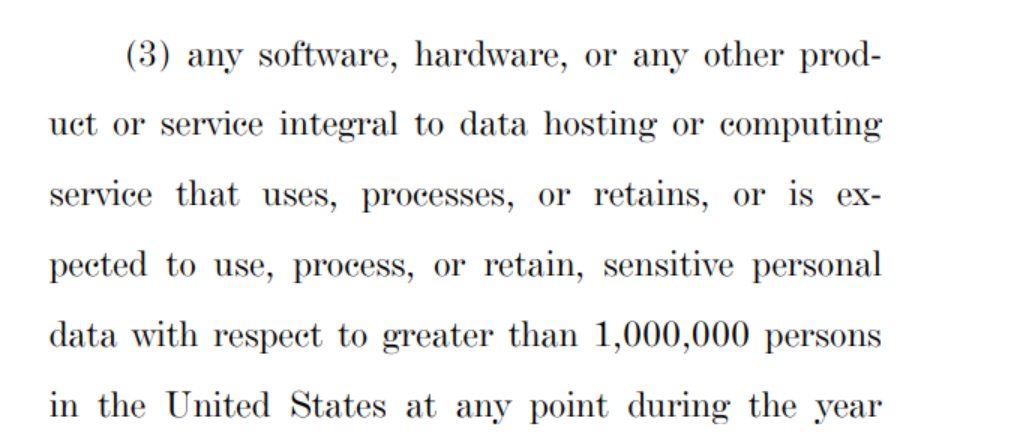
Based on the above anything or anyone THEY SAY is a network threat, they are able to shut down.
Your internet activity is tracked and controlled by the government.
Remember, the internet was meant to be free from government control allowing the free flow of information.… twitter.com/i/web/status/1…
Your internet activity is tracked and controlled by the government.
Remember, the internet was meant to be free from government control allowing the free flow of information.… twitter.com/i/web/status/1…
This isn't just restricted to Tiktok. If they deem other social media apps a problem, then they can also be banned.
Does anyone remember global calls to ban Twitter when it was purchased by @elonmusk?
So if he or anyone does not kowtow to their requests they will have to… twitter.com/i/web/status/1…
Does anyone remember global calls to ban Twitter when it was purchased by @elonmusk?
So if he or anyone does not kowtow to their requests they will have to… twitter.com/i/web/status/1…

In many ways, the UK has more draconian laws.
At the start of the Russia-Ukraine war, Roman Abrahamovic was forced to sell his football team Chelsea FC.
The government then decided he would not be able to receive the proceeds of the sale.
The US seems to be following suit. /32
At the start of the Russia-Ukraine war, Roman Abrahamovic was forced to sell his football team Chelsea FC.
The government then decided he would not be able to receive the proceeds of the sale.
The US seems to be following suit. /32

No stone has been left unturned. Such is the level of surveillance that it would make George Orwell’s 1984 seem like a classical disney movie.
From internet services to machine learning, the US will no longer understand the meaning of privacy. /33

From internet services to machine learning, the US will no longer understand the meaning of privacy. /33

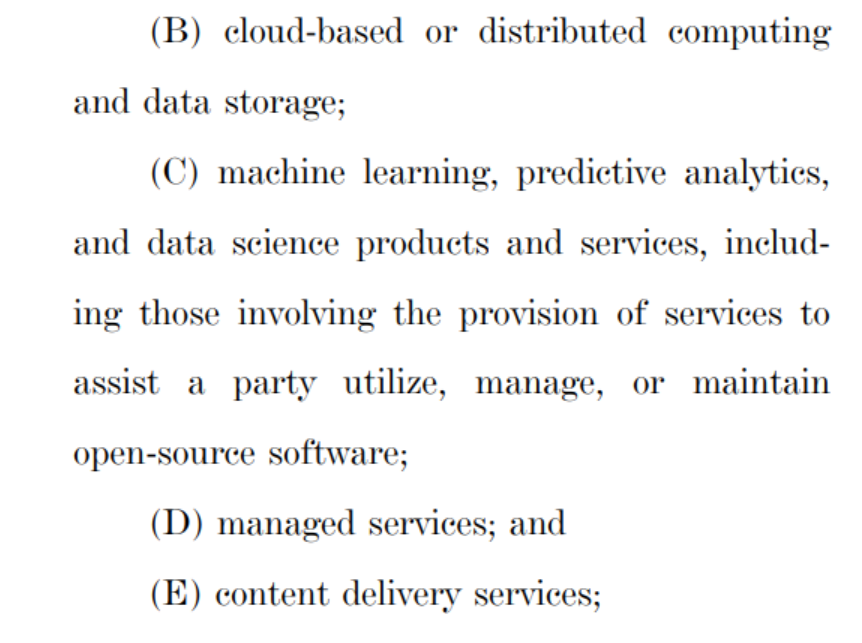
The breadth and depth of the surveillance proposed in this Bill has no restrictions.
They can spy on your phones, online interactions, phone calls and even your personal gaming. /34
They can spy on your phones, online interactions, phone calls and even your personal gaming. /34

Do you remember when the US allowed entrepreneurs and technologists the ability to innovate without governmental intrusion?
This is what made the West different to totalitarian regimes that had a supreme ruler with ultimate control and power. /35
This is what made the West different to totalitarian regimes that had a supreme ruler with ultimate control and power. /35
This bill jeopardizes our democracy
Similar to a dictator or an authoritarian regime, the president will have complete oversight.
They will be able to spy on innovation in A.I., quantum technology, robotics, biotechnology etc.
Based on this they can revoke your license, or… twitter.com/i/web/status/1…
Similar to a dictator or an authoritarian regime, the president will have complete oversight.
They will be able to spy on innovation in A.I., quantum technology, robotics, biotechnology etc.
Based on this they can revoke your license, or… twitter.com/i/web/status/1…

And how will Congress implement the Act?
They can establish any rules and procedures they want to carry out these draconian measures.
Complete authority to spy on all aspects of your life. /37
They can establish any rules and procedures they want to carry out these draconian measures.
Complete authority to spy on all aspects of your life. /37
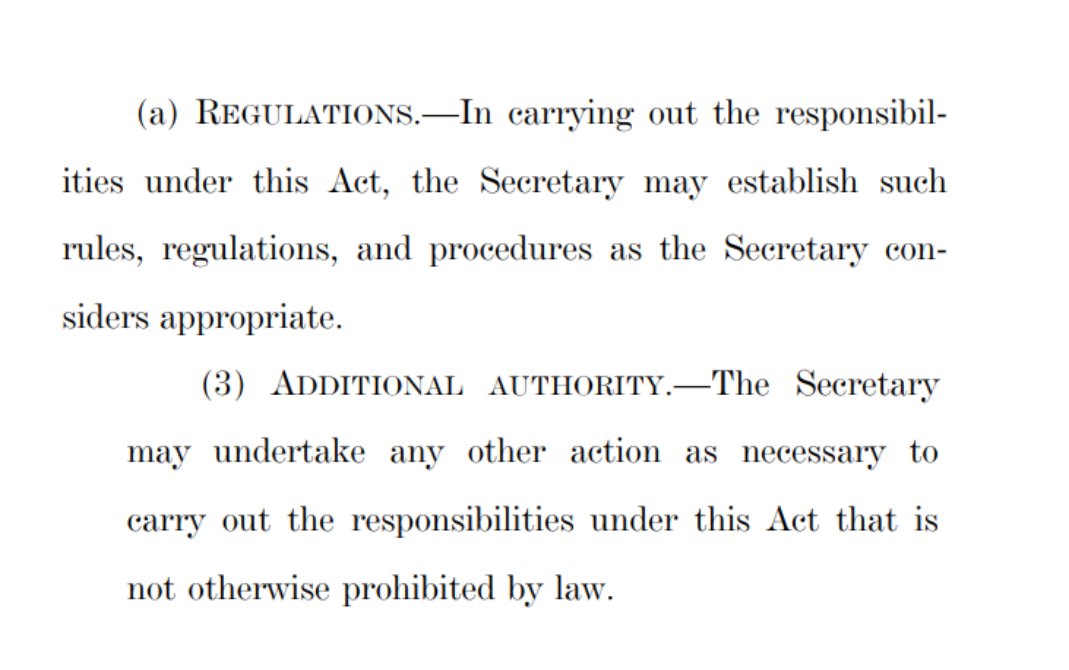
It isn't just limited to surveillance, but when the government spies on you and requires more information, it has complete authority to make you turn in all information they deem ‘necessary’.
They’re essentially telling us: ‘we will spy on you, and then you will spy on yourself… twitter.com/i/web/status/1…

They’re essentially telling us: ‘we will spy on you, and then you will spy on yourself… twitter.com/i/web/status/1…


It doesn't just stop there, but after you have spied on yourself for them, they can then search, detain and seize any data they consider necessary.
It is ironic that through banning TikTok, a Bill was created for surveillance that makes the Patriot Act seem like child's play.… twitter.com/i/web/status/1…
It is ironic that through banning TikTok, a Bill was created for surveillance that makes the Patriot Act seem like child's play.… twitter.com/i/web/status/1…

Now let us move onto the penalties for violating this Act.
Firstly, not only you, but also anyone who has knowledge of your actions is also responsible.
So, if my friend uses a VPN and I am aware of it then I have also violated the Act. /40

Firstly, not only you, but also anyone who has knowledge of your actions is also responsible.
So, if my friend uses a VPN and I am aware of it then I have also violated the Act. /40


A 'criminal' breach under the Act, such as using TikTok through a VPN, could levy a fine of $1 million, imprisonment for 20 years and your property seized.
Extreme measures for watching ‘cat videos’. /41
Extreme measures for watching ‘cat videos’. /41

But it does not end there.
If they can’t meet the criminal threshold, they can go down the civil route.
Based on the balance of probabilities threshold, you can be fined $250,000 and your property can be seized. /42
If they can’t meet the criminal threshold, they can go down the civil route.
Based on the balance of probabilities threshold, you can be fined $250,000 and your property can be seized. /42

The Data Act
The Data Act is more specific to TikTok but even in this Bill, they included several issues that raise concern.
Once again the Bill references election interference.
What do you think the chances will be that this argument is used against a political opponent to… twitter.com/i/web/status/1…
The Data Act is more specific to TikTok but even in this Bill, they included several issues that raise concern.
Once again the Bill references election interference.
What do you think the chances will be that this argument is used against a political opponent to… twitter.com/i/web/status/1…

The banning of any software linked to China creates a new precedent.
From a National Security point of view it makes sense, but if China were to follow suit, both countries would essentially be cutting each other off from the global market.
Neither country can afford to do… twitter.com/i/web/status/1…
From a National Security point of view it makes sense, but if China were to follow suit, both countries would essentially be cutting each other off from the global market.
Neither country can afford to do… twitter.com/i/web/status/1…

The Data Act does mention TikTok and ByteDance, but only after they imposed much wider measures that allow restrictions on any app they deem a threat.
This bait and switch almost worked, but fortunately some people realized the attempt to dupe the public. /45
This bait and switch almost worked, but fortunately some people realized the attempt to dupe the public. /45

These Bills spit in the face of the constitution.
The measures proposed by Congress, which had bi-partisan support, are taking away privacy enjoyed by Americans. /46
The measures proposed by Congress, which had bi-partisan support, are taking away privacy enjoyed by Americans. /46
This isn’t something new but it's much more draconian.
We had the Patriot Act and Section 702 before this, which was implemented retroactively by Bush after they engaged in warrantless spying of Americans. /47
We had the Patriot Act and Section 702 before this, which was implemented retroactively by Bush after they engaged in warrantless spying of Americans. /47

Only recently the Biden Administration asked for the renewal of section 702, which continues warrantless surveillance of Americans.
This was once again met with Bi-Partisan support from lawmakers.
When they want to take away your freedoms and rights, they coalesce. /48
This was once again met with Bi-Partisan support from lawmakers.
When they want to take away your freedoms and rights, they coalesce. /48

I would like to thank @ShaykhSulaiman who wrote this thread as a part of the Roundtable. There will also be a twitter space on the Restrict and Data Act. /49
The broad nature of the bill has left no stone unturned.
Using this section, the establishment can use it to make a targeted attack on cryptocurrency.
If the argument is made bitcoin mining is done in China or a ‘foreign adversary’ it can be banned. /52
Using this section, the establishment can use it to make a targeted attack on cryptocurrency.
If the argument is made bitcoin mining is done in China or a ‘foreign adversary’ it can be banned. /52

An important point to note is that the following statement was mentioned earlier in the bill:
“Catastrophic effects on the security or resilience of the critical infrastructure or digital economy of the United States”
This is a direct and predetermined attack on cryptocurrency.… twitter.com/i/web/status/1…
“Catastrophic effects on the security or resilience of the critical infrastructure or digital economy of the United States”
This is a direct and predetermined attack on cryptocurrency.… twitter.com/i/web/status/1…

Another important question is what does the bill mean by the term ‘digital economy’?
This seems like a clear and direct plan to usher in Central Bank Digital Currency (CBDC) into society through the backdoor whilst destroying cryptocurrency based on it being a ‘foreign… twitter.com/i/web/status/1…
This seems like a clear and direct plan to usher in Central Bank Digital Currency (CBDC) into society through the backdoor whilst destroying cryptocurrency based on it being a ‘foreign… twitter.com/i/web/status/1…
Once again, an e-commerce business that has some form of connection with a ‘foreign adversary’ or uses it, would fall under these parameters to either be tracked or divested.
So if one imports products from China then you can be divested. /55
So if one imports products from China then you can be divested. /55
The concern is that the International Emergency Economic Powers Act (IEEPA) allows for the banning of cryptocurrency transactions.
The Restrict Act allows them to ban an entire chain. /56
The Restrict Act allows them to ban an entire chain. /56
• • •
Missing some Tweet in this thread? You can try to
force a refresh


